The “Princess” in Me
Growing up, I didn’t fit the mold of what a “man” was supposed to be and look like.
I imagined myself as a Disney princess. I remember reenacting that scene from Snow White where she runs through the forest in fear, arms flailing dramatically. I also loved imitating the transformation sequences of the Winx Club fairies and Sailor Moon warriors (I’d consider this my official “gay awakening”). There was something about their elegance, softness, and magical confidence that made me feel alive.
I enjoyed shopping with my mom, slipping into her high heels (I called it cup-cup shoes because of the sound it made), and playing with her makeup when no one was looking. When my sister was born, I delighted in dressing her up and playing with her dolls.
I once asked my grandfather to buy me a boy Bratz doll named Dylan, and he didn't mind since I was just a kid. I genuinely enjoyed playing with Dylan and dressing him up, which fueled my fascination with dolls. As a result, I started asking my parents for more Bratz dolls. However, their tone changed, and I noticed fear in their eyes, and that discouraged me because I realized that Bratz dolls were located in the girls’ section.
So, there was a gentle and feminine side of me that felt so natural from a very young age—until someone pointed it out and gave it a name.
When the word “Bakla” Became a Wound
The first time I was called “bakla” was in school, which gave me language. A category. A way to understand why I felt different. But that word didn’t come kindly.
It came with teasing, mockery, and shame. When we were younger, the concept of SOGIESC was unheard of, so being gay wasn’t yet connected to sexual attraction—back then, “bakla” simply referred to boys who liked things considered “pangbabae.” But it was a label I quickly learned to hide.
I remember classmates laughing at me for being fascinated with dolls and running “like a girl”. I remember feeling the sting of rejection. But what hurt most wasn’t the kids at school. It was when my parents found out.
At the time, my younger brothers and I all attended the same school, Letran. My brother Emil got bullied—not because of anything he did, but because his Kuya Anton was bakla. Since my parents were active in the school's parents association, they eventually heard this themselves, and some of my classmates would say "Yung anak niyo, bakla."
And I still remember what my mom said that same night when they confronted me: "Wala kaming anak na bakla." while crying. That sentence branded itself into my heart.
It wasn’t just in school. I remember when we visited my dad’s province in Camiguin and Cagayan de Oro—my cousins made fun of me too. That only reinforced the idea that even in my family, I wasn’t safe.
Beginning the Double Life
From that point on, I learned to live a double life. “Gay in school. Boy at home.” This became my survival strategy.
Even when I found a sense of belonging with other queer and soft kids, I was told to distance myself. I was discouraged from being friends with them. And then at home, I had to adapt and pretend to be someone I was not.
My dad, in an attempt to “fix” me, introduced me to The Secret: The Law of Attraction. (I know this is New Age, but we don’t subscribe to this anymore.) He said, "Whatever you focus on becomes your reality. So think and act like a boy."
But what the heck did that even mean? What does "acting like a boy" look like when everything I naturally enjoyed was considered “wrong”?
Performing for Love
So I adapted. I thought: “If I can’t be who I am, then I’ll be who they want.”
From that point on, I adopted a performance mindset, believing I needed to achieve something significant. I aimed to excel, impress others, and be lovable. Deep down, I felt the need to compensate for simply being myself.
I realized that my parents were most proud of me when I received awards, and it seemed they overlooked the fact that their son was “bakla.” Thus, being an honor student became more than just academics for me; it was about proving my worthiness of love. This is a coping strategy that’s all too familiar among queer kids who grow up feeling “too much” or “not enough.”
I even learned how to perform religiously. As a student raised in Catholic schools, I knew how to pray, how to lead, how to sound devout. But even that, my spirituality, started to feel like another mask. (More on that in the next chapter.)
Although I still faced teasing at school, the boys teased me less frequently because they were reluctant to make fun of an achiever. They even sought my help with subjects and assignments they found difficult, which instilled a sense of superiority in me and led to a strong dislike for the term “average.”
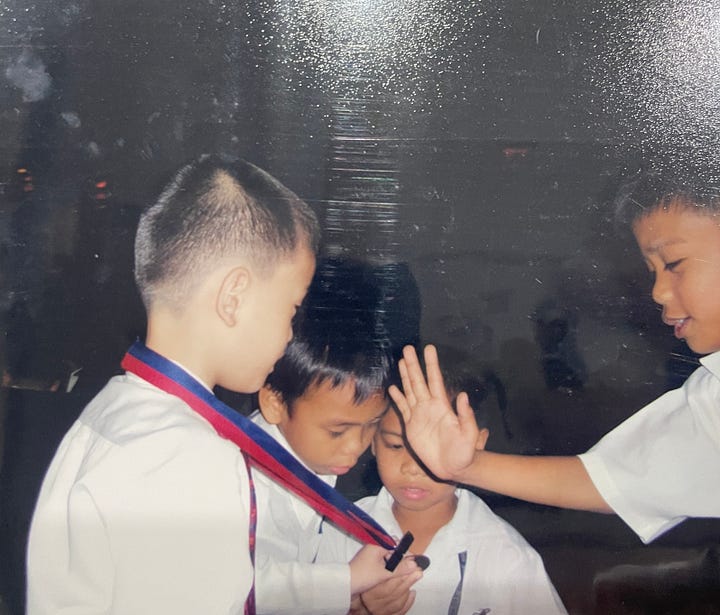
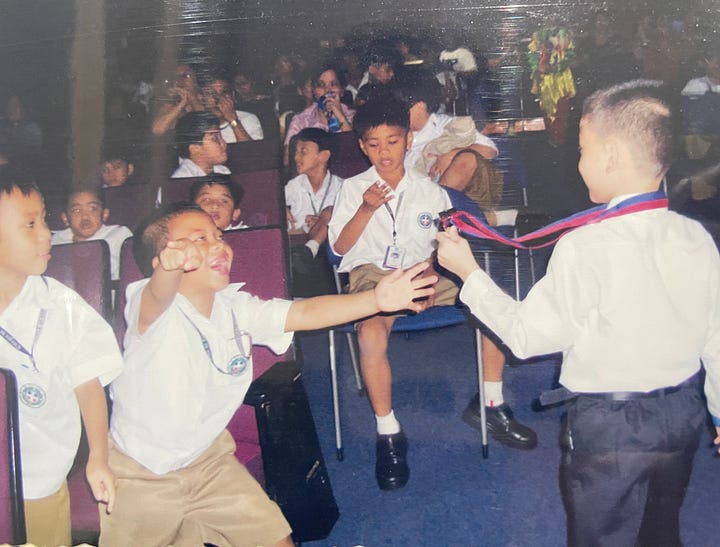
Dreams I Couldn’t Say Out Loud
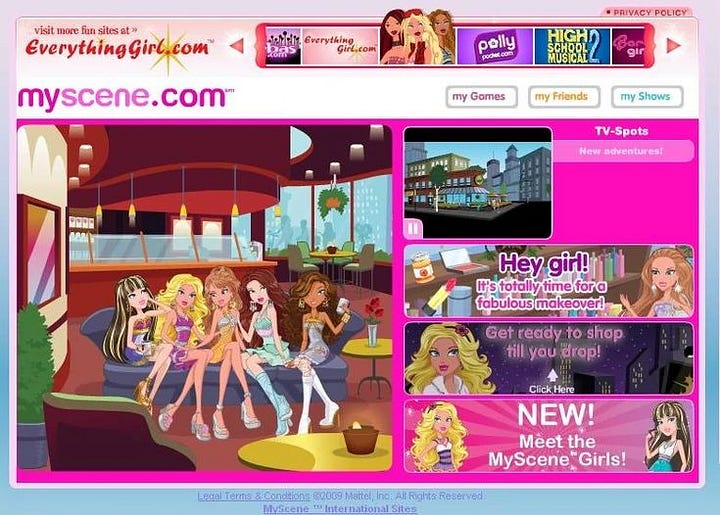
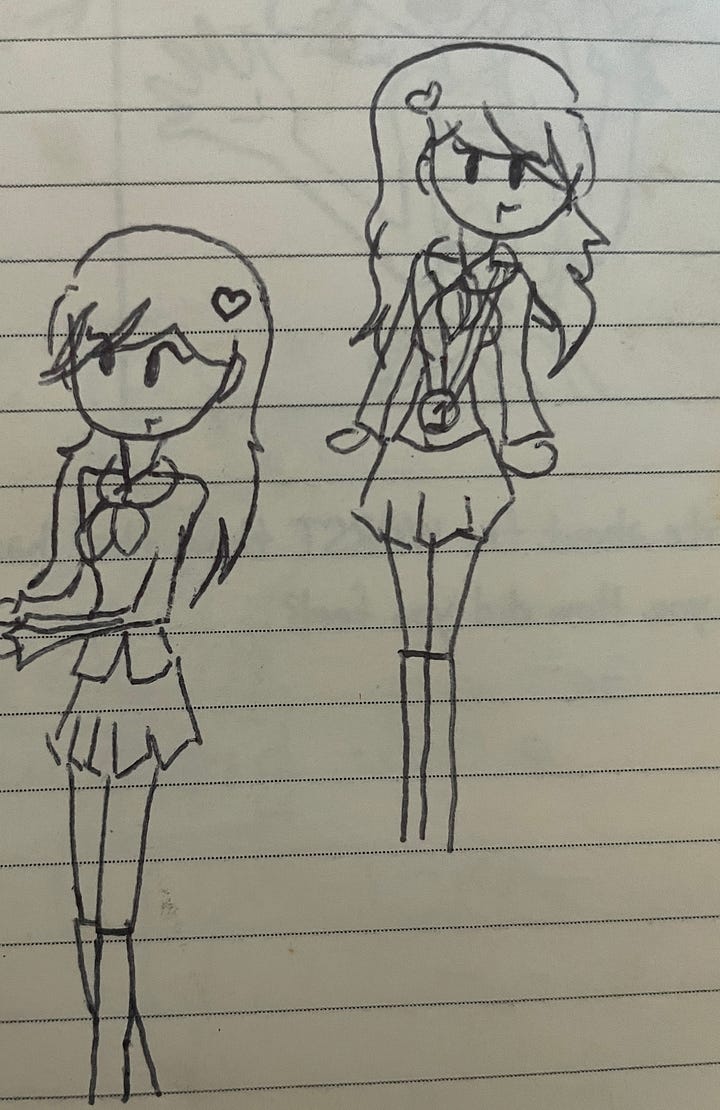
Even my dreams were censored. One of my earliest ambitions was to become a fashion designer, inspired by games like Games2Girls and MyEverythingGirl.com. I loved dressing up digital dolls, curating outfits through my sketches, an dressing up my sister.
But I learned to keep that dream hidden. Some dreams, I believed, were too dangerous to say out loud.
Distant Dad, Present Pressure
My relationship with my dad was… awkward. I was (and still am) more of a mama’s boy.
I loved him, but I always felt a gap between us—like I had let him down without even knowing how. Like my existence didn’t quite match his expectations of what a son should be.
And to be fair, he never hurt me. He didn’t hit me. He didn’t scream at me. He never disowned me or made me feel unsafe the way some queer kids experience with their fathers. He showed up in the best way he knew how. That’s why I now understand that when he tried to “fix” me—using tools like the law of attraction and telling me to “think and act like a boy”—he wasn’t trying to harm me. He was trying to help, in the only way he knew.
But still, the silence between us sometimes said more than words ever could. It wasn’t cruelty—it was a quiet disappointment I could never fully name, but always somehow felt. That maybe the son he waited nine years for—his beloved firstborn—turned out to be bakla.
My two younger brothers fit the mold: rougher, rowdier, undeniably “boyish.” But me? I was the exception. I was the “soft boy”.
I guess because of the unprocessed pain, it led me to not being a present “kuya” either. I remember snapping at my younger siblings often, short temper and a sharp tone. I think I was carrying too much unspoken weight: anger I couldn’t name, shame I didn’t understand, confusion I couldn’t untangle. And because I didn’t know how to process it, I projected my feelings onto others.
These are a few of my favorite things
Even when my dad tried to bond with me, like by encouraging me to play video games with my male classmates and watching TV shows for guys, my true colors came through.
In Tekken, my favorite character was Lili. In Final Fantasy, I loved Terra Branford. (TMI: If I were a drag queen, my name would be Émilie Branford, and I would have blonde hair with a costume that blends fantasy and elegance.) In Naruto, I was a fan of Ino and Tenten. In Dynasty Warriors, I chose Xiao Qiao and Da Qiao. In X-Men, my favorite character is Shadowcat. In Sonic, my favorite character was Cream the Rabbit. My dream Pokémon team would feature female-coded designs such as Clefable, Roserade, Ninetales, Milotic, and my favorite, Gardevoir.

Even in shows and movies, I found myself drawn to characters like Ryan Evans from High School Musical, flamboyant and fabulous. I also admired people like Drew and Wallace from Pokémon who were stylish, elegant, and slightly different from the usual male leads.
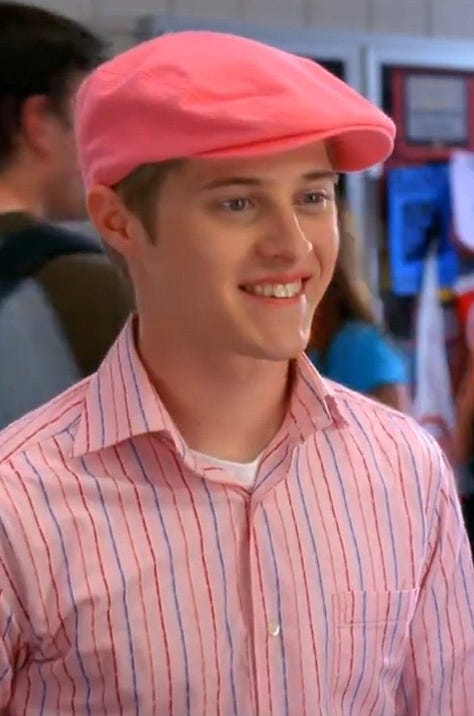
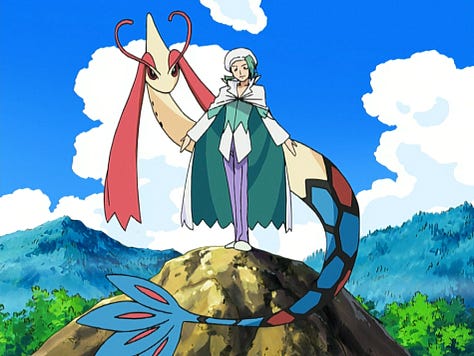
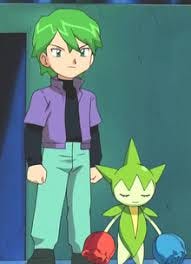
My favorite genre? Romantic comedies. I loved the drama, the emotional arcs, the happy endings. I was also obsessed with America’s Next Top Model. But in the world I grew up in, those interests were considered for girls. Even my tastes in entertainment made me feel like I didn’t belong.
And while I delighted in all these playful things, I also loved to read. I devoured storybooks and anything with imagination. Most boys around me weren’t drawn to reading; it was quiet, gentle, and often seen as something girls enjoyed. But for me, books became my world. I escaped into them. I found characters who made more sense to me than the ones in my real life. And yes, part of me also loved that reading made me look smart and cultured, even compared to the boys in my class who were rowdy. Like I could prove I was more than a label.
These weren’t just random preferences. They were glimpses into the person I was becoming—how I saw beauty, how I longed to be seen, and how I tried to make space for myself in a world that didn’t seem to have room for boys like me.
Fitting Out
Even the things other boys loved never clicked with me.
Basketball? I hated it. Never understood the hype. (Don’t cancel me.) While the boys were playing, I was more interested in imagining transformation sequences or choreographing battles in my head.
Even in how I fought, I was different. I once got into a “fight” as a kid, and instead of punching, I slapped, scratched, and ended it with a ballerina-style kick I had copied from Lili in Tekken.
My dad's response? He said that if I was going to get into fights, I might as well learn how to box. So he made me sit and watch UFC and WWE wrestling with my brothers. They were obsessed. I was unmoved. I couldn’t understand the appeal of sweaty men yelling in their funny-looking costumes. I was even enrolled in a Taekwondo class, so I learn hand-to-hand combat, but honestly, I wasn’t drawn to it at all.
But I Also Liked Girls
And yet, there was another side to all this. I also liked girls.
There were moments, especially in elementary school, when I was genuinely attracted to certain girls. I even had a few girlfriends. But, those relationships came from a confusing mix of feelings.
On one hand, I knew I was drawn to them. On the other hand, I was also trying to make myself straight.
That was another unspoken belief I picked up: “If I just had a girlfriend, maybe I wouldn’t be bakla.”
No one really told me directly. My dad didn’t say it outright. But the message was there. And some girls wouldn’t even like me back because of my label: "Why would I like, Anton? Bakla naman siya."
Still, some didn’t see me that way. So I made them my girlfriends, perhaps more for validation than anything else. It was another form of performing. Another hope that maybe, if I did the "right" things, I could change who I was.
Because I wasn’t like the other boys, I was different. And I was slowly learning what the world does to the soft and effeminate boys like me.




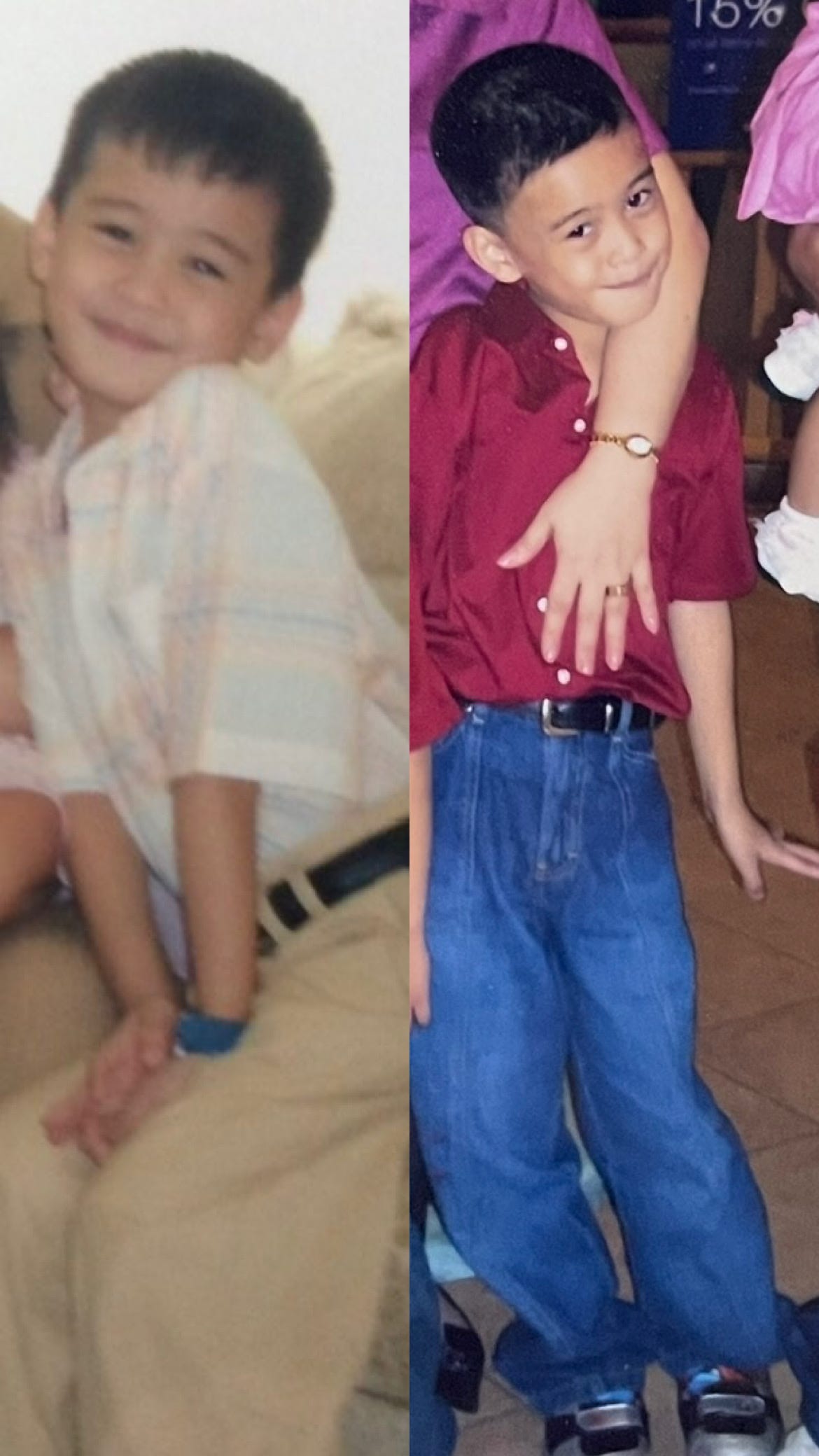
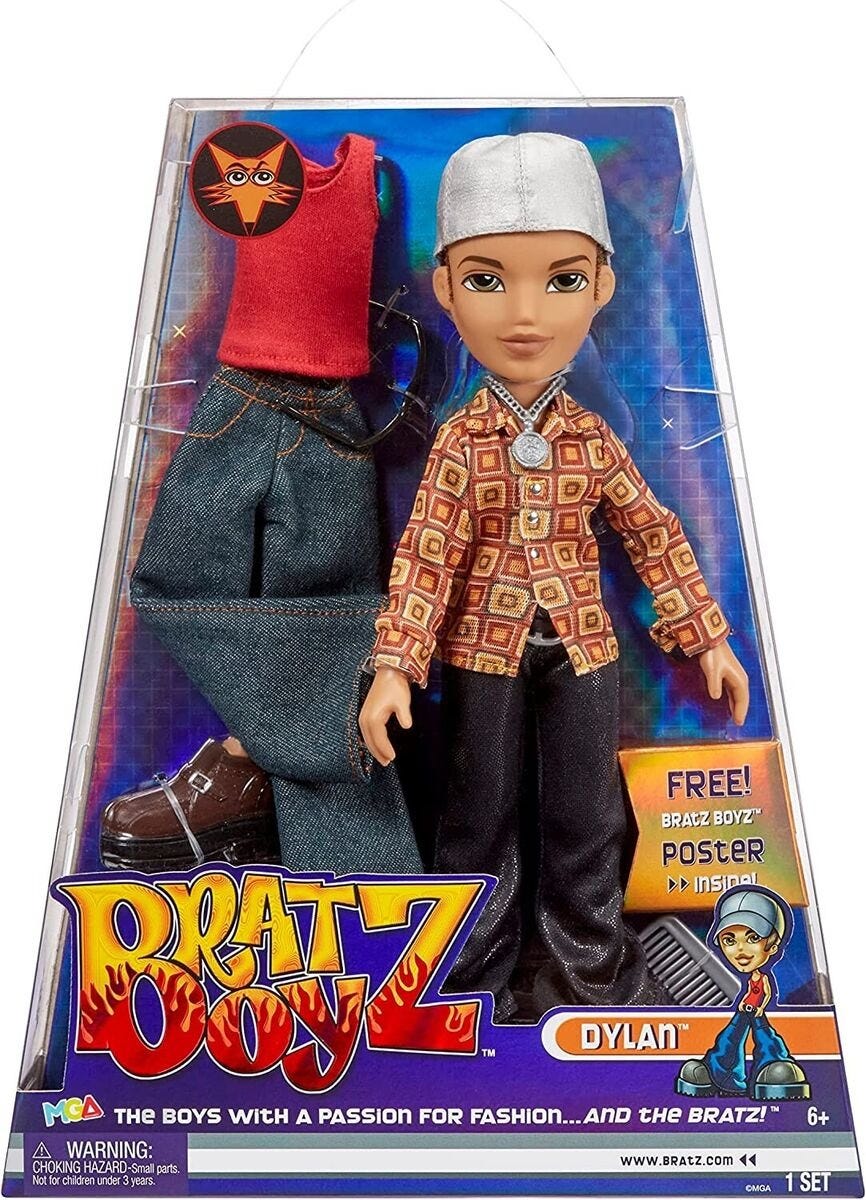

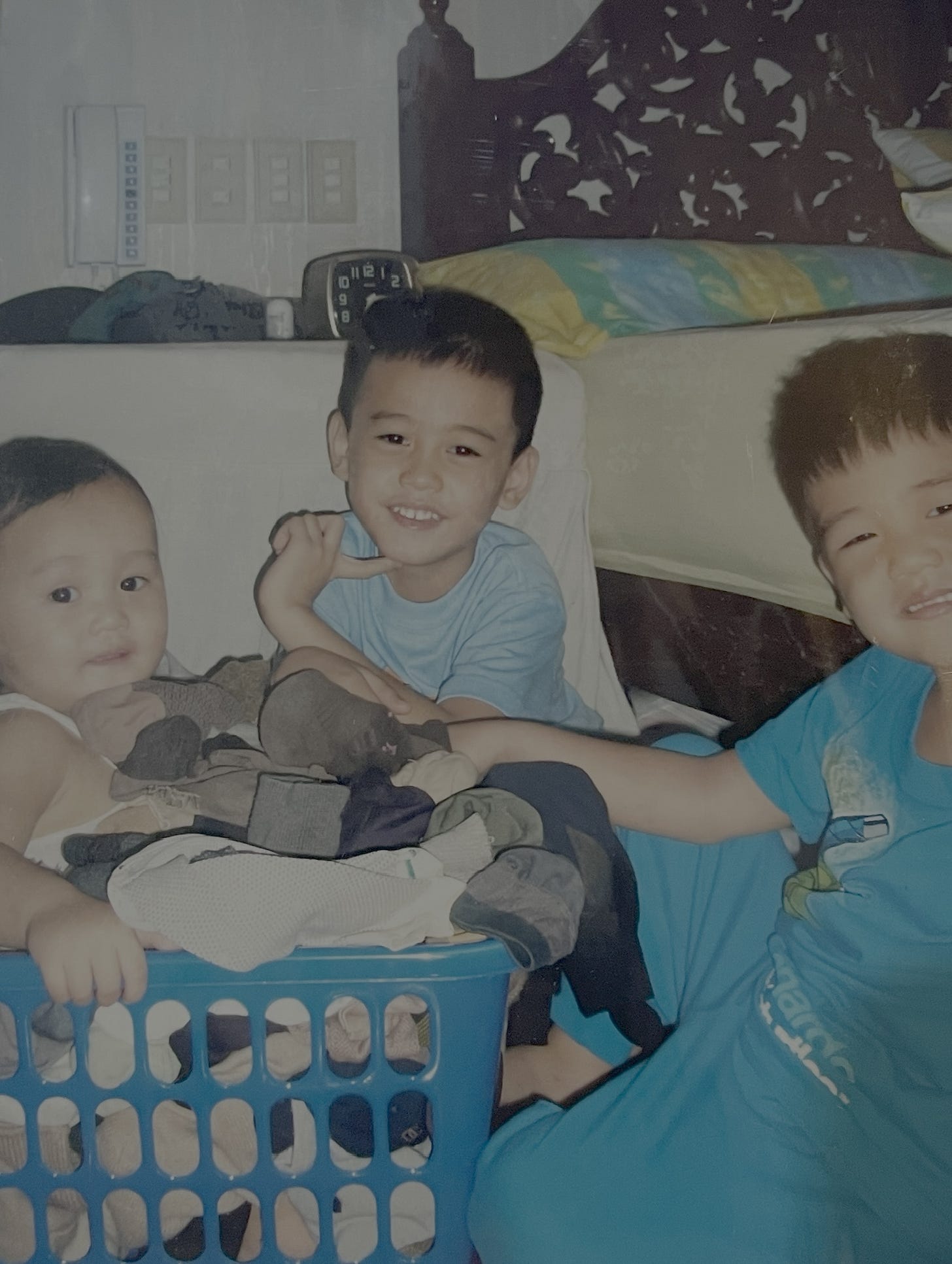
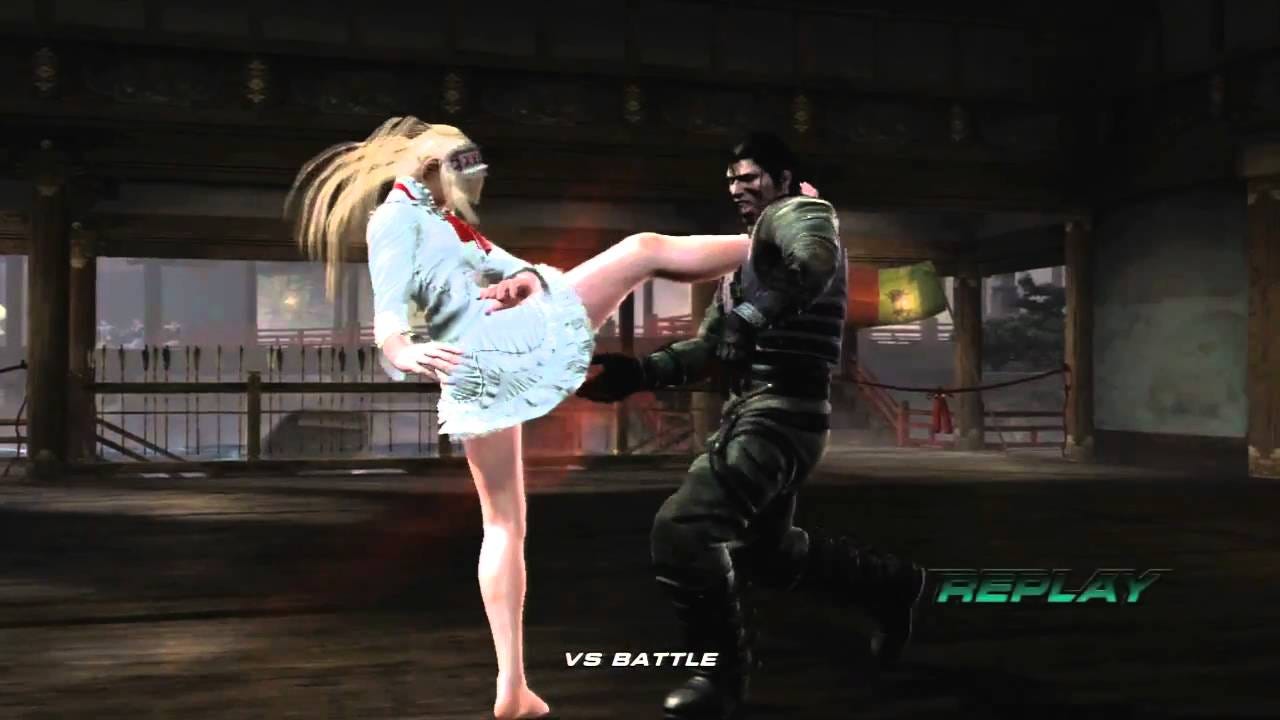
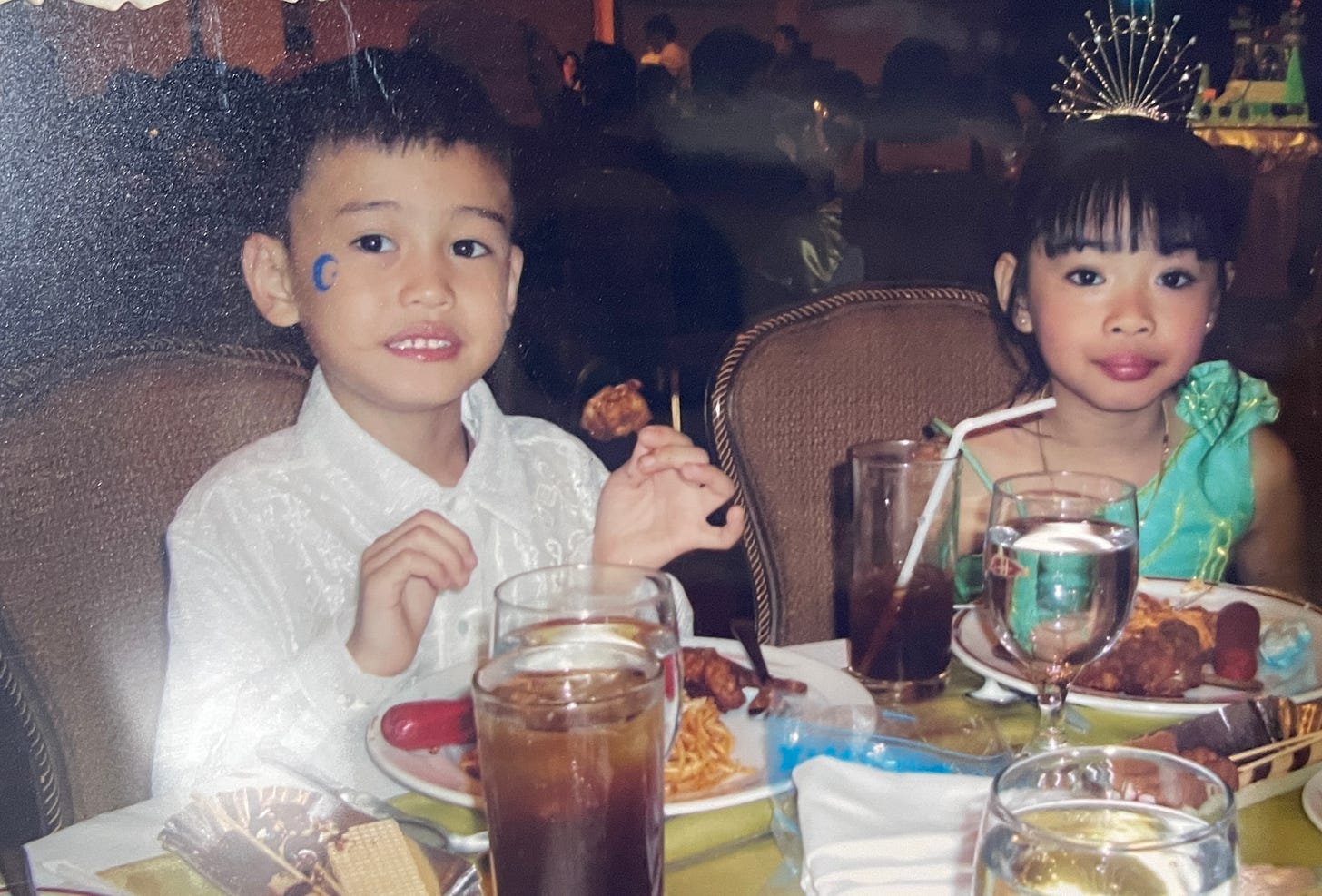



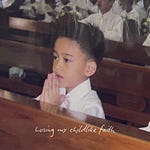
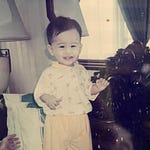
Share this post